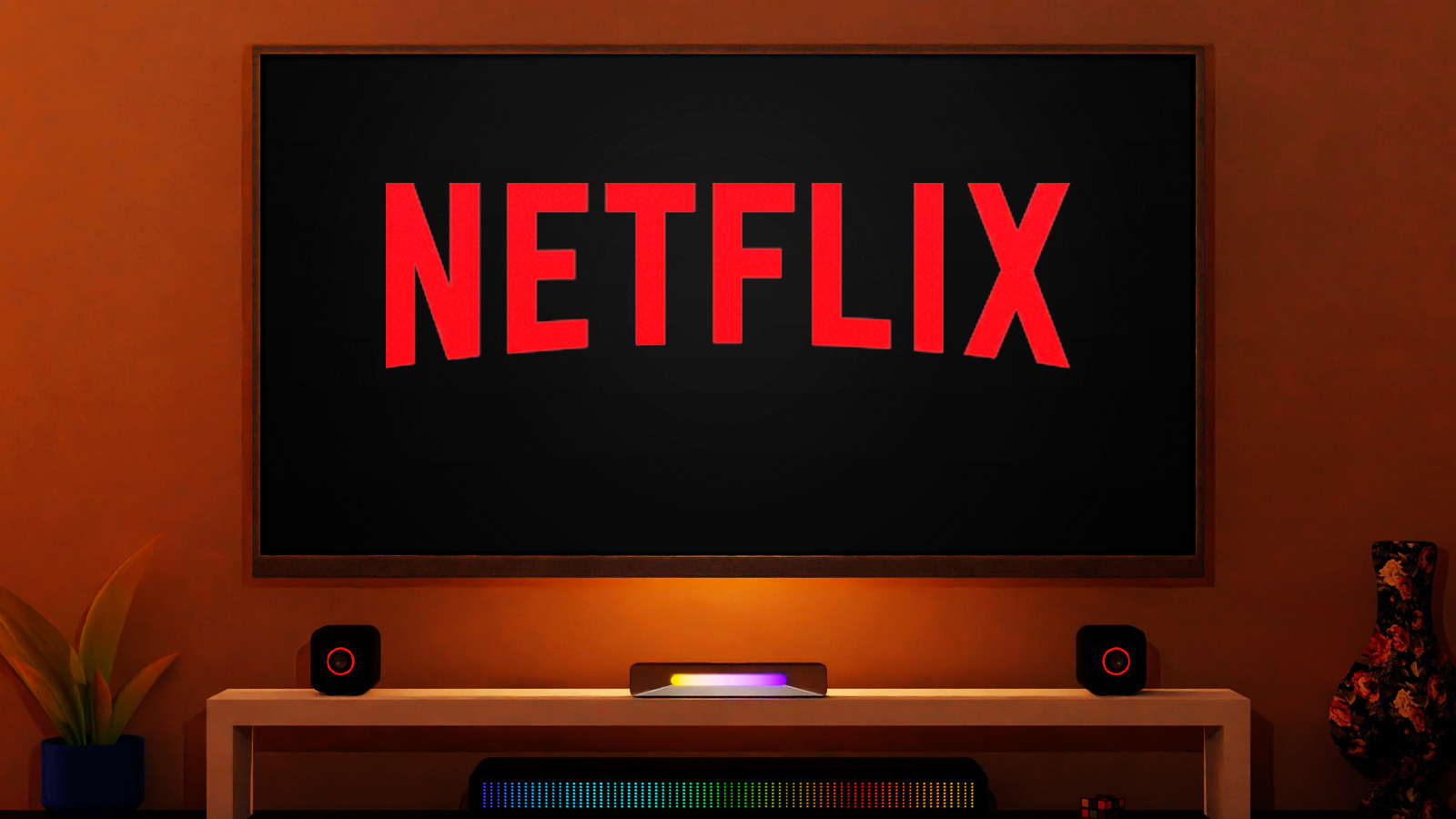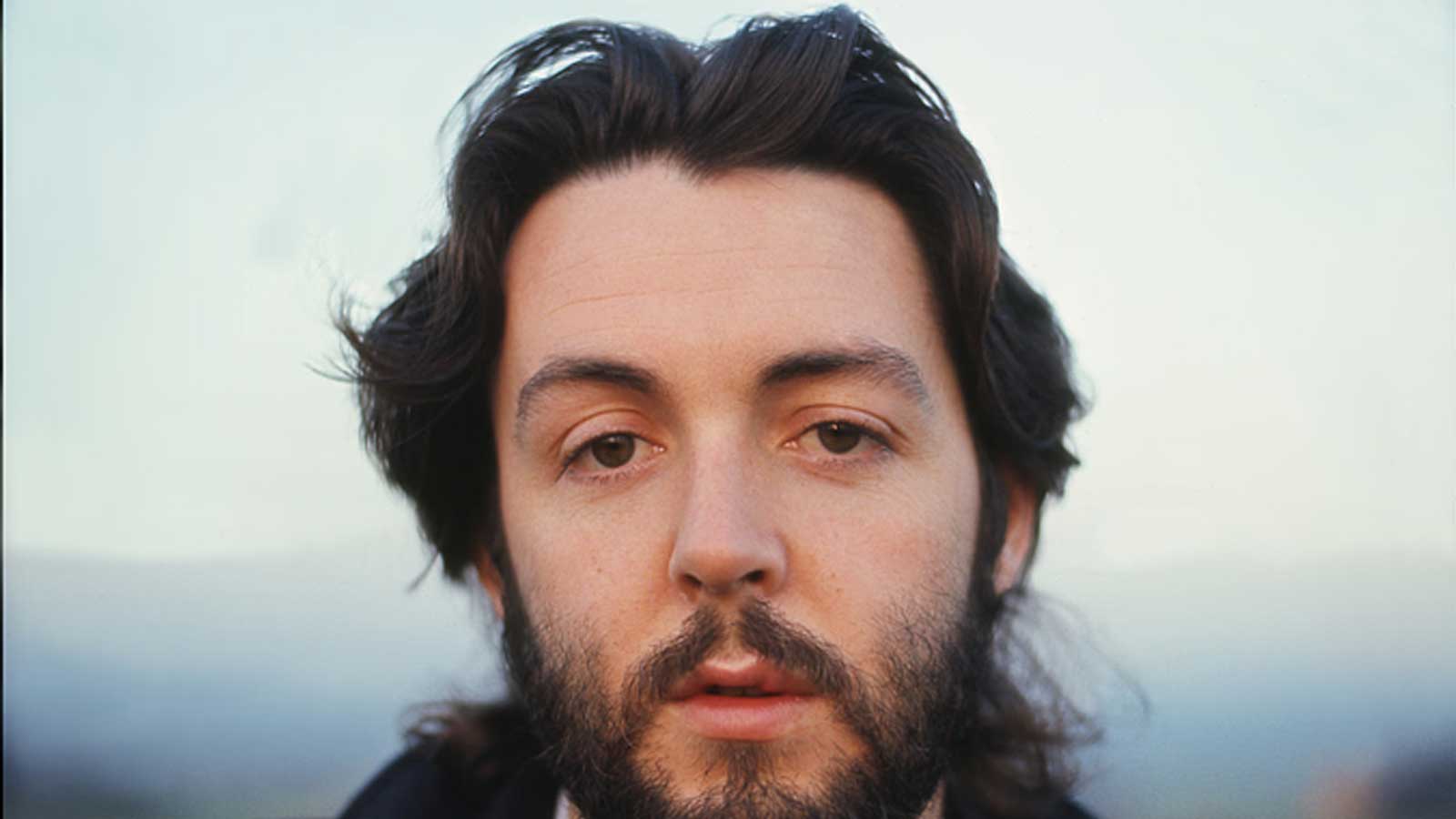Sony Pictures Entertainment (SPE) is contemplating a major shift in its animation process by integrating artificial intelligence (AI) technology, according to CEO Tony Vinciquerra, Indiewire reports. Speaking at Sony’s annual investor event, Vinciquerra highlighted the financial benefits of AI, emphasizing the potential for cost savings in film production. “We are very focused on AI. The biggest problem with making films today is the expense,” he stated. “We will be looking at ways to produce both films for theaters and television in a more efficient way, using AI primarily.”
Embracing AI Amidst Controversy
Vinciquerra’s support for AI is notably strong, especially for a film studio head. He is well aware of the controversy his comments may stir among creatives in the industry. Reflecting on the recent eight-month strike over AI, he acknowledged the ongoing negotiations with IATSE and the forthcoming Teamsters discussions, which also center around AI. “The agreements that came out of last year’s strikes and the agreements that will come out of the IATSE and Teamster negotiations will define roughly what we do with AI,” Vinciquerra said.
The potential for AI to revolutionize the film industry has been echoed by other industry leaders. Jeffrey Katzenberg, DreamWorks founder, predicted that AI could cut the cost of animated movies by as much as 90 percent. He reminisced about the days when creating a world-class animated film required 500 artists and five years, suggesting that in the near future, AI could reduce that effort to a fraction of the time and cost.
Industry Impact and Reactions
A recent study surveying 300 entertainment sector leaders found that artificial intelligence is significantly impacting Hollywood jobs, with three-fourths of respondents indicating that AI tools have led to job eliminations, reductions, or consolidations at their companies. Voice actors, concept artists, and workers in visual effects and other postproduction areas are particularly vulnerable.
However, some industry professionals see the positive potential of AI. Cinematographer Kathryn Brillhart, who has worked on projects like Fallout, Rebel Moon, and Black Adam, believes AI tools can enhance visual effects work. Speaking at the AI on the Lot conference in May, she said, “It’s advancing the craft. I can teach myself skills at a faster rate than I ever have before. I can think about workflows in different ways.”
Sony Pictures’ recent box office performance has been mixed, adding pressure to find more efficient production methods. Madame Web, a recent release, flopped, derailing plans for a new franchise. Similarly, 2022’s Morbius, another film in Sony’s Spider-Man universe, was a critical failure but managed to gross $170 million worldwide.
The push towards AI in film production reflects a broader trend in the entertainment industry, where studios seek to balance creative demands with financial efficiency. As Sony explores AI's potential, the coming negotiations and industry agreements will play a crucial role in determining the extent of its integration into film production processes.



















